Ostrich Farms, the Rise of the Beefalo, and the Octopus Dilemma
November 21, 2021
What is a farm animal? What really gives an animal the potential to be farmed? As long as the animals can reproduce easily, and can serve a purpose for the breeders, why not farm it? This article will examine different types of unique farm animals, and hopefully, the reader can take something worthwhile from this.
Ostrich Farms
My interest in this topic sparked when I came across an ostrich farm at the tender age of 6. It was in Aruba, and it was literally a tourist attraction working as a farm. But why ostriches? Well, for example, a cow could have 2 babies annually. One the other hand, an ostrich can have around 40. Also, there was a high demand for anything ostrich back in the old days, and even today. Such products range from meat, leather for boots, feathers for hats, and eggs that can feed a whole family an omelette breakfast. Along with that, as listed above, they make killer tourist attractions. Of course, they are pretty dangerous animals, and can run at 45 mph, and can kill a lion with their kick. The ostrich market is always evolving, but here is an ostrich farm from the past. The ostrich industry is quite interesting, and can turn out to be quite the money maker.
The Rise of the Beefalo
What is a beefalo? According to the “American Beefalo Association”, a beefalo is a hybrid that is a 37.5% American bison cross. And the best part, unlike most hybrids, this cow is fertile. The knowledge of crossbreeding cattle and bison was around for a while, but really hit mainstream around the 70s. The beefalo also contains a smaller carbon footprint, and many swear by the quality of its meat. Now you know what a beefalo is.
The Octopus Dilemma
(Disclaimer, I am not calling octopuses “octopi” or “octopodes”, fight me.)
Attempts are being made to create the first octopus farm. Octopus farming would be an interesting concept if it was currently around. The demand for octopus has been growing, which is in especially high demand for its healthy omega 3 content. The only way to obtain it is to catch it straight from the ocean, which can become a timely process. The creation of such farms would be an easier way to harvest them and provide massive economic opportunities for the farmers. Thai Union Group, Pescanova Hellas, and Joe Patti’s Seafood Company are working to make this a possible reality. But, as it goes, there is a catch. If octopuses are not hunted in the wild, their numbers would grow, and biologists are worried this rise of predators would lessen the fish population. Along with that, octopus farming would be very pricey. The reason you never see a great white shark in an aquarium is that they were just too much to handle, and would eventually die from mismanagement. Octopuses are no different. The average person may have heard stories of the intelligence of octopuses, their flexibility, and perhaps stories of octopuses even escaping. With the popularity of Netflix’s “My Octopus Teacher”, and wide known knowledge of its intelligence, another problem comes up, is it even moral? Octopuses exhibit complexities and intelligence, but the nutrients that are obtained from the meat are important to people’s health, and a key ingredient of multiple cultural dishes. The paradox of what should be farmed is a deep question to ponder.
Bonus news: Bear Bile Farming
Most popular around Asia, bile farming worked as a substitute for hunting bears in the wild. These bears would be put in cages, and would be harvested for their bile. This is an important ingredient in traditional medicine, and has become a million dollar industry. It is not pleasant for the bears, and most die from neglect and disease. Most farms are dirty, and the bears don’t get a lot of attention they need. This practice has grown a strong hatred across animal rights groups and animal lovers, but the practice still goes on. It has even gone far, becoming illegal in Vietnam. However, farmers have used a loophole in the system, and get away when they classify their bears as “pets”. Also, the bile is oftentimes contaminated, which can injure the human rather than heal them as believed. Caesar was a bear that was put under a “metal vest” for 30 years of his life, the story here. Many people across the world are fighting for the extinction of these farms, but only time will tell if their efforts will create changes.
Conclusion
A farm animal can be anything, as long as it can reproduce well and give a valuable human benefit. Money can drive the need for each species, and sometimes leave results that can impact society, the environment, and our everyday lives. The moral question of what should be farmed lays dominate, and the dark side of the trade combats the benefits it holds for the human race.









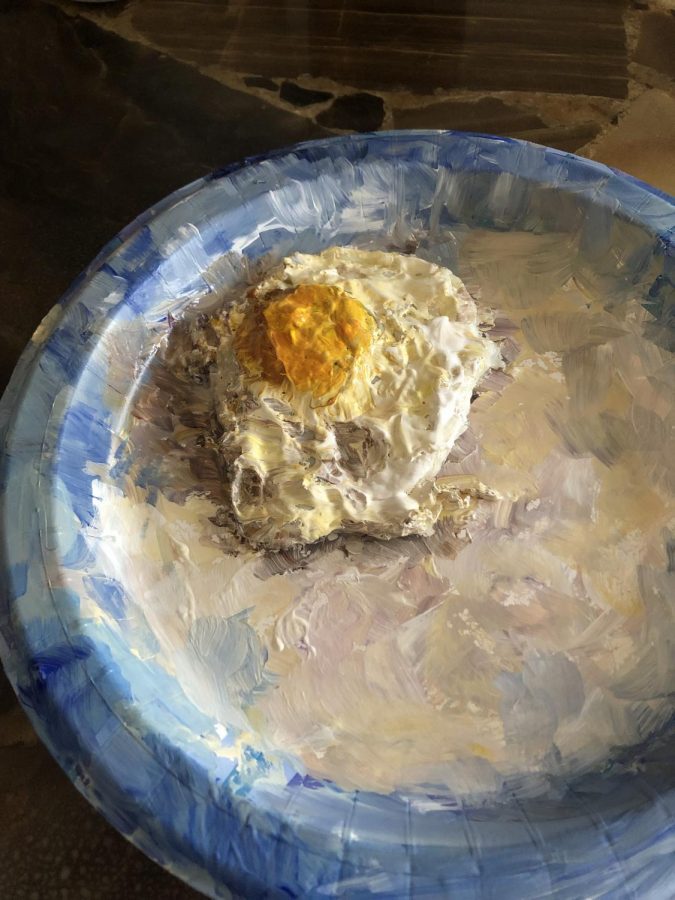
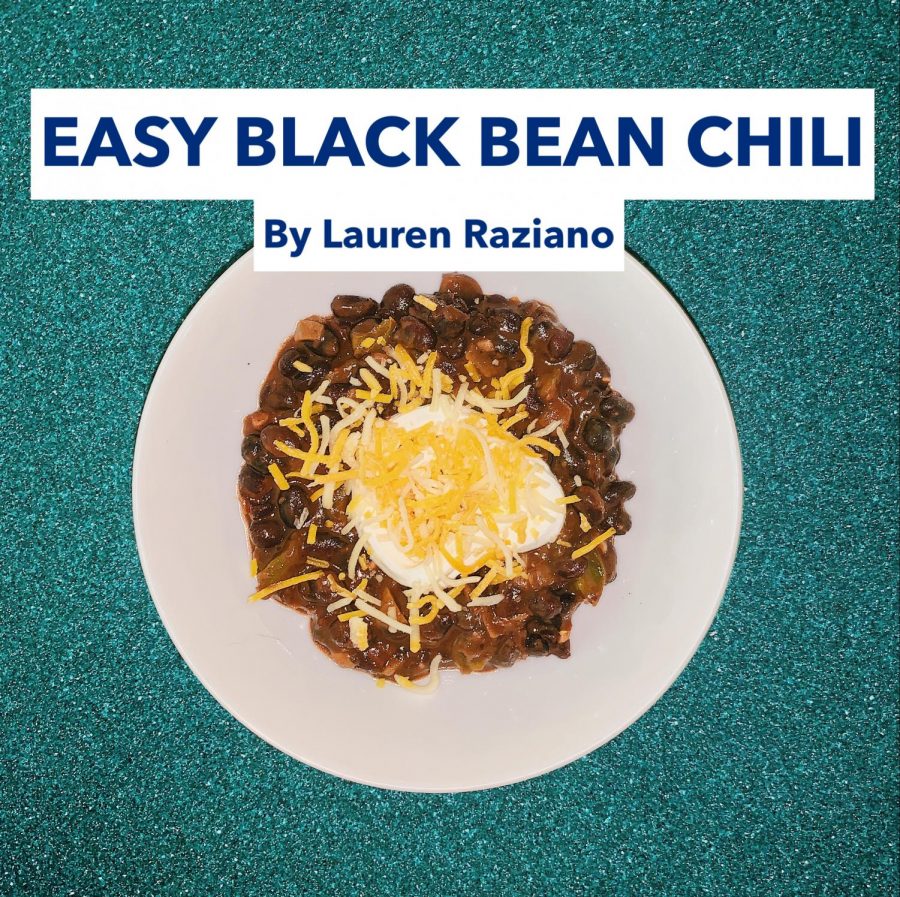
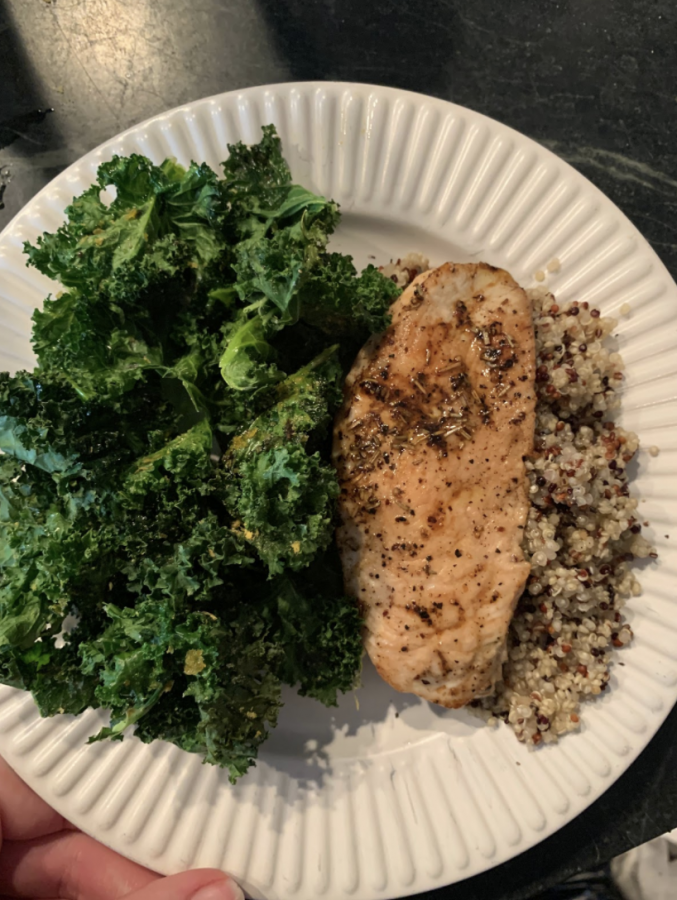


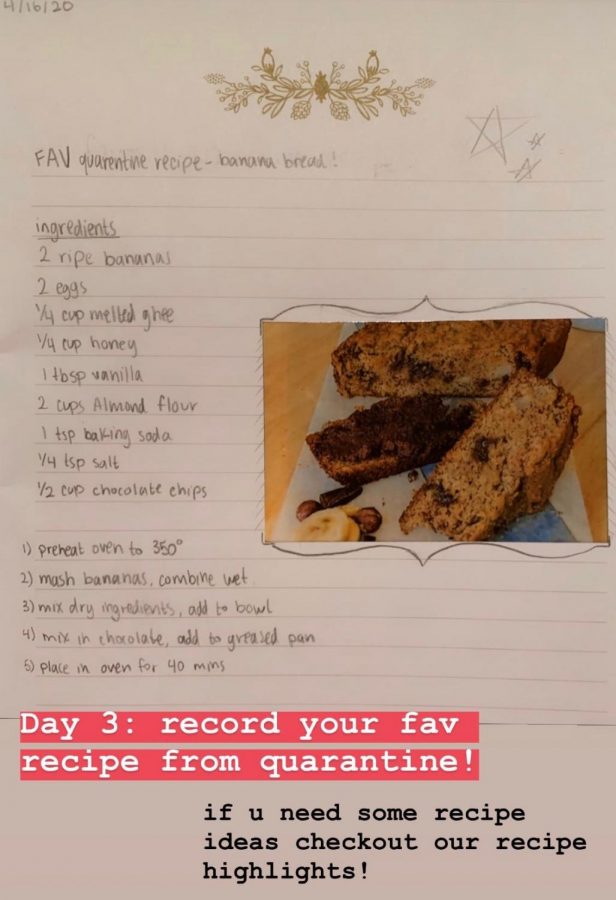







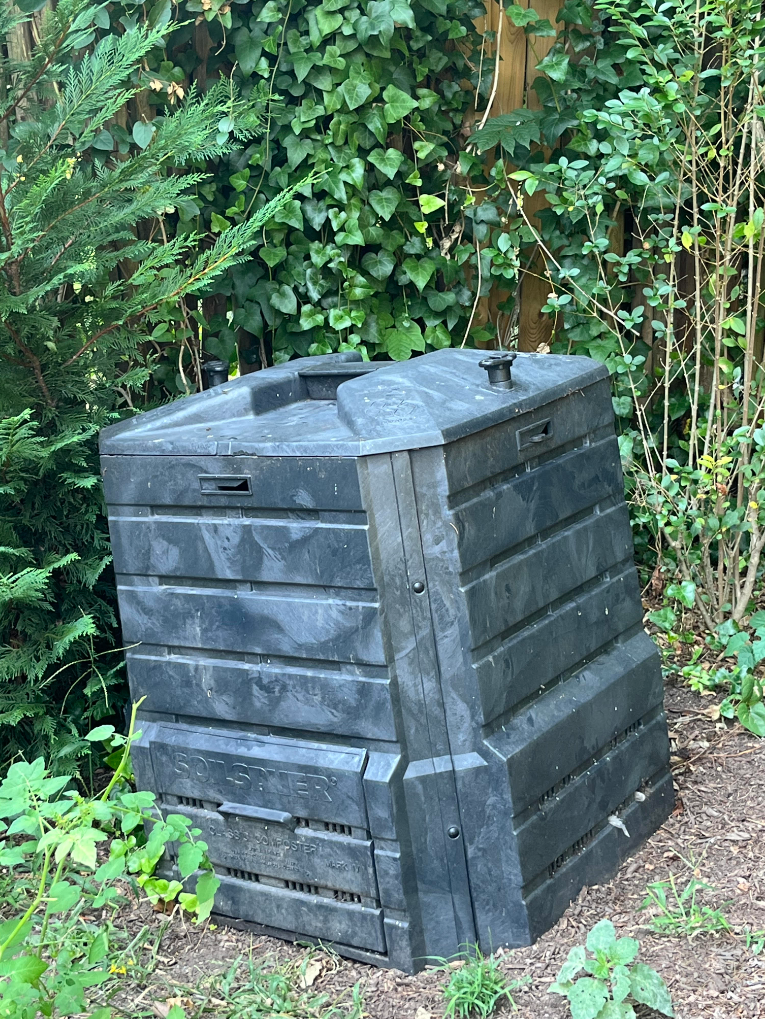






Jack Roarty • Mar 2, 2022 at 10:41 am
Thank you Bogey very cool